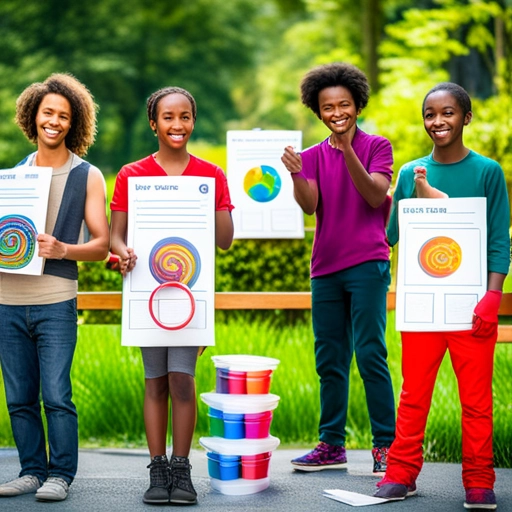Our Model
“Change is the end result of all true learning.”-Dr. Leo Buscaglia
Our Model
Student ownership through our three elements of success
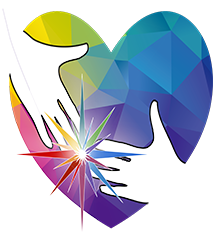
Respect and Empathy
“The highest result of education is tolerance.” Helen Keller
How We Think
Respect is the prerequisite for human change. Every student is cared for and respected.
By respecting ourselves and others, we empathize and work to create mutual solutions for all. We respect each learner’s unique path and exalt in our diversity. Our crew believes that everyone can reach their goals. We have the courage to experiment, knowing that it is a process of learning and improvement. We respect that reaching our goals requires hard work. Catalyst Studio celebrates and nurtures student work as valued contributions to the school and the global narrative.
How We Act
- Students participate in monthly service learning opportunities within the community to learn from the community and give back to the community.
- We have daily community-building meetings that incorporate socioemotional learning lessons.
- We call ourselves a crew to reflect on each person’s duty and hard work towards our goals.
- Learners follow a protocol for communicating opinions respectfully and how to analyze sources to test new knowledge for validity and usefulness.
- We are a safe space for every learner.
- We combat stereotypes and restrictive expectations beginning with Catalyst Early Learning Lab that teaches using a gender neutral curriculum to help students start life believing in their own unlimited potential.
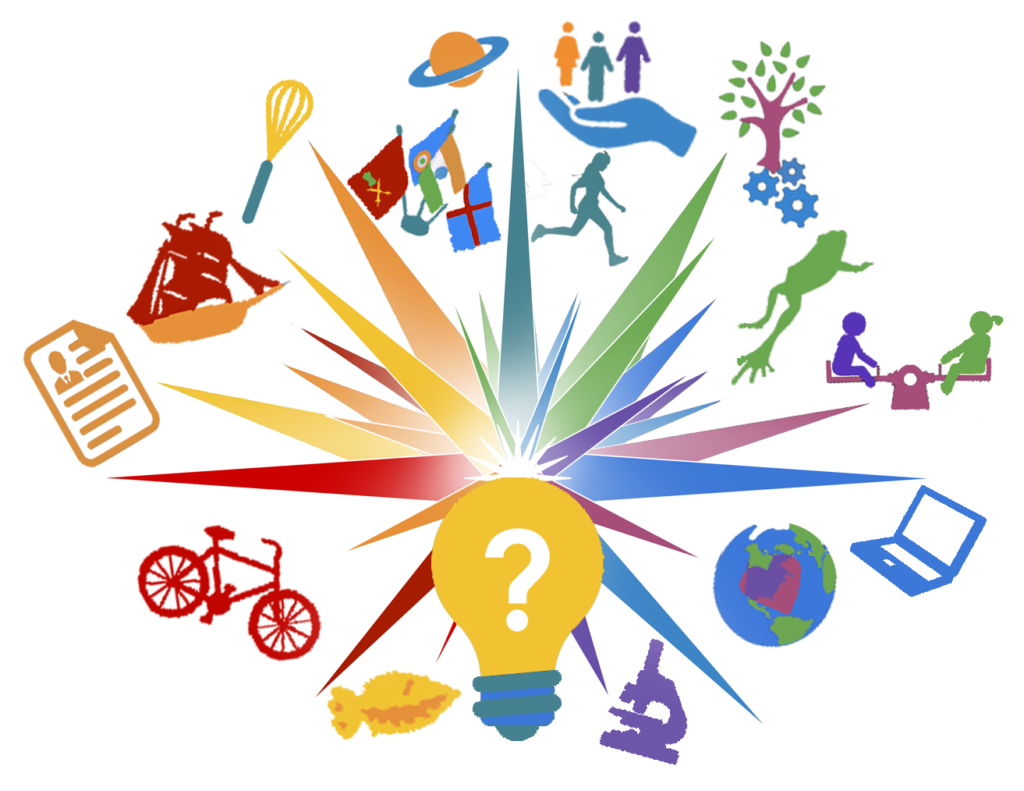
Relevant Rigorous Inquiry
“The ability to read, write, and analyze; the confidence to stand up and demand justice and equality; the qualifications and connections to get your foot in the door and take your seat at the table – all of that starts with education.” Michelle Obama
How We Think
Catalyst Learning uses the research-based developmentally appropriate milestones to inspire our goals and protocols for gifted learners to inspire our delivery. Lessons incorporate those skill goals into relevant conceptual units that allow for student-driven focuses. Every unit has specialized audiences for the student work to help inspire high quality work through multiple creative outputs. Students strive to improve their work and identify the traits of high quality products.
We individualize student goals based on their current levels, interest, and personal goals. We connect learning to their world, locally and globally. We use the inquiry cycle and the design cycle to allow students to actively encounter the concepts they learn about and experiment with creating change for their community. Catalyst Learning encourages deeper thinking and connections in all areas.
How We Act
- Our math program teaches skills using real world scenarios that relate to issues in our community and promote student action. Students are encouraged to experiment and practice with math tools and manipulatives to visualize math problems, kinesthetically learn, and explain their process .
- We use the EL education reading and writing curriculum, which teaches rigorous reading and writing skills while modelling high-quality work using units on modern global issues.
- We work with community experts to provide opportunities for real-world elaboration on our material.
- Our students create work for authentic audiences within the community, becoming contributing world citizens proud of their constructive growth.
- We teach students to recognize the skills used by academics to inspire students to think and work like professionals, using the Depth and Complexity icons for high-ability students based on the skills most commonly seen in experts across many fields.
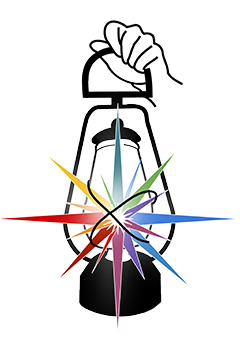
Reflection and Stewardship
How We Think
Our students are leaders of their own learning. Using EL Education’s crew philosophy, Catalyst Studio believes that we succeed only when everyone rises to achieve. Catalyst Studio teaches students how to better utilize the inquiry cycle, problem solving, and independent work skills to reflect. improve, and lead their journey. Students at Catalyst Learning understand the purpose of their learning, embrace the courage of improvement, and enjoy leading their passions to new learning and creating work they can be proud to share. Catalyst learners train to act on their knowledge and use their knowledge to teach and help others.
How We Act
- All Catalyst Learners have a dedicated time for self-directed action based on the Autonomous Learner Model for gifted students.
- Reflection skills are explicitly taught and considered an essential part of the learning to analyze their personal work as well as scholarly texts.
- Students use rubrics, critique, and discussion to improve their work.
- Students collaborate with the teacher to choose a creative assessment that proves obtainment of their goals, keeping in mind possible audiences beyond themselves and their teacher.
- Students conference with the teacher about criteria and evidence needed for reaching their goals to understand the purpose of each.
- Students receive constructive feedback on work instead of numeric grades.
- All Catalyst programs promote sustainability through our commitment to composting, minimizing single use and first use plastic, and choosing sustainable materials when possible.
Our Model
Collaborative Interdisciplinary Inquiry Through Our Four Units of Exploration
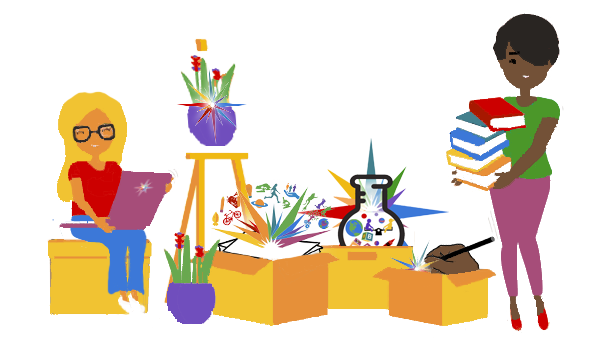
What Learners Need to Become Creators
“The principal goal of education in the schools should be creating [people] who are capable of doing new things, not simply repeating what other generations have done.” Jean Piaget
“Creativity is intelligence having fun.” Albert Einstein
An inquiry into what learners need to succeed
Learners use their personal observations and past experiences along with reflections on creators they study in their lessons to collaborate together and create class policies and procedures as well as their personal learning toolboxes. Students present their conclusions and creations to their families during end of unit celebrations of learning learner-led conferences.
Depth and Complexity Focuses
- Patterns
- Rules
- Special Language
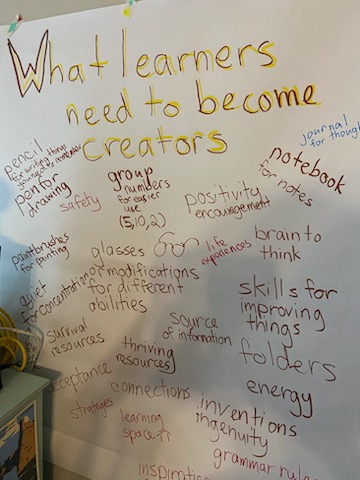
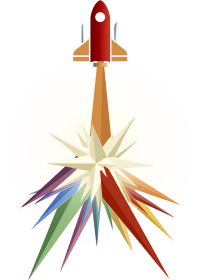
Onward and Upward
“Knowledge…is the torch which illuminates the world.” Louis Pasteur
An inquiry into how communities expand and meet new challenges
Learners practice their routines from the last unit to improve their skills and set growth goals. Students research how scientists, engineers, artists, and historical figures have worked to improve their community. Learners practice using the skills these catalysts utilized to reach onward and upward in their learning. Students present their personal improvements to their families and write to community stakeholders about their suggestions for improvements and advancements.
Depth and Complexity Focuses
- Changes over Time
- Unanswered Questions
- Trends
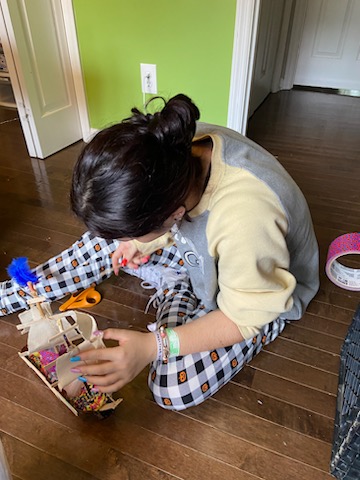
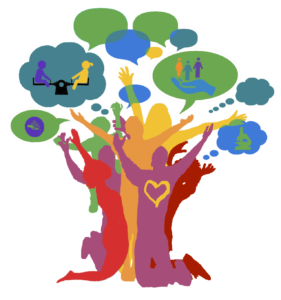
What Life Needs
An inquiry into the needs of the natural world and how people and animals interact/adapt to meet those needs
Learners experiment and research in the natural world to learn more about all living things’ physical needs while also learning about human rights and needs and the work to improve our biosphere’s equal access to both. Students present their conclusions to the community in an improvement symposium of student-chosen efforts to improve access to life-necessary resources.
Depth and Complexity Focuses
- Ethics
- Multiple Perspectives
- Essential Details
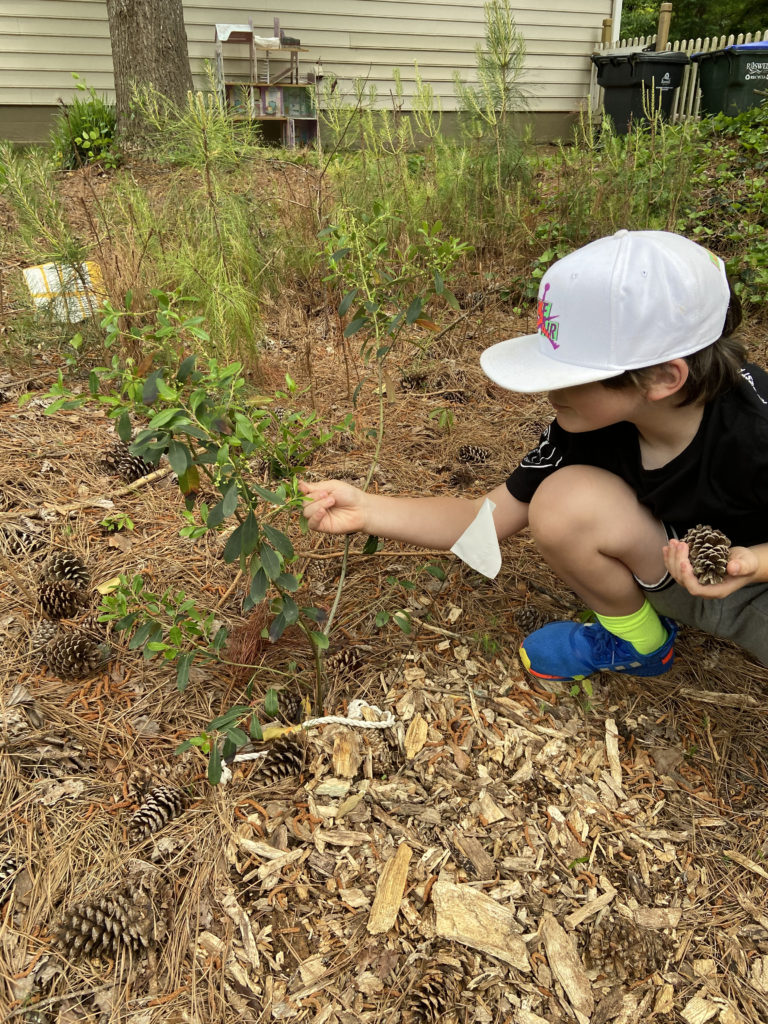
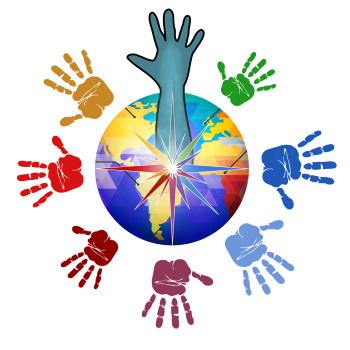
Contributing to our Community
An inquiry into how we can act to improve our community
Learners synthesize their work during the year to create change. They identify the areas of improvement they want to address from their learning. Then the student catalysts use the design cycle and their creative skills gained through the year to create a product to help improve the area they have identified. Learners use the work skills they have learned to create change independently and collaboratively. Students present their efforts to stakeholders, community members, and family in a student-derived form of communication.
Depth and Complexity Focuses
- Across the Disciplines
- Big Idea
